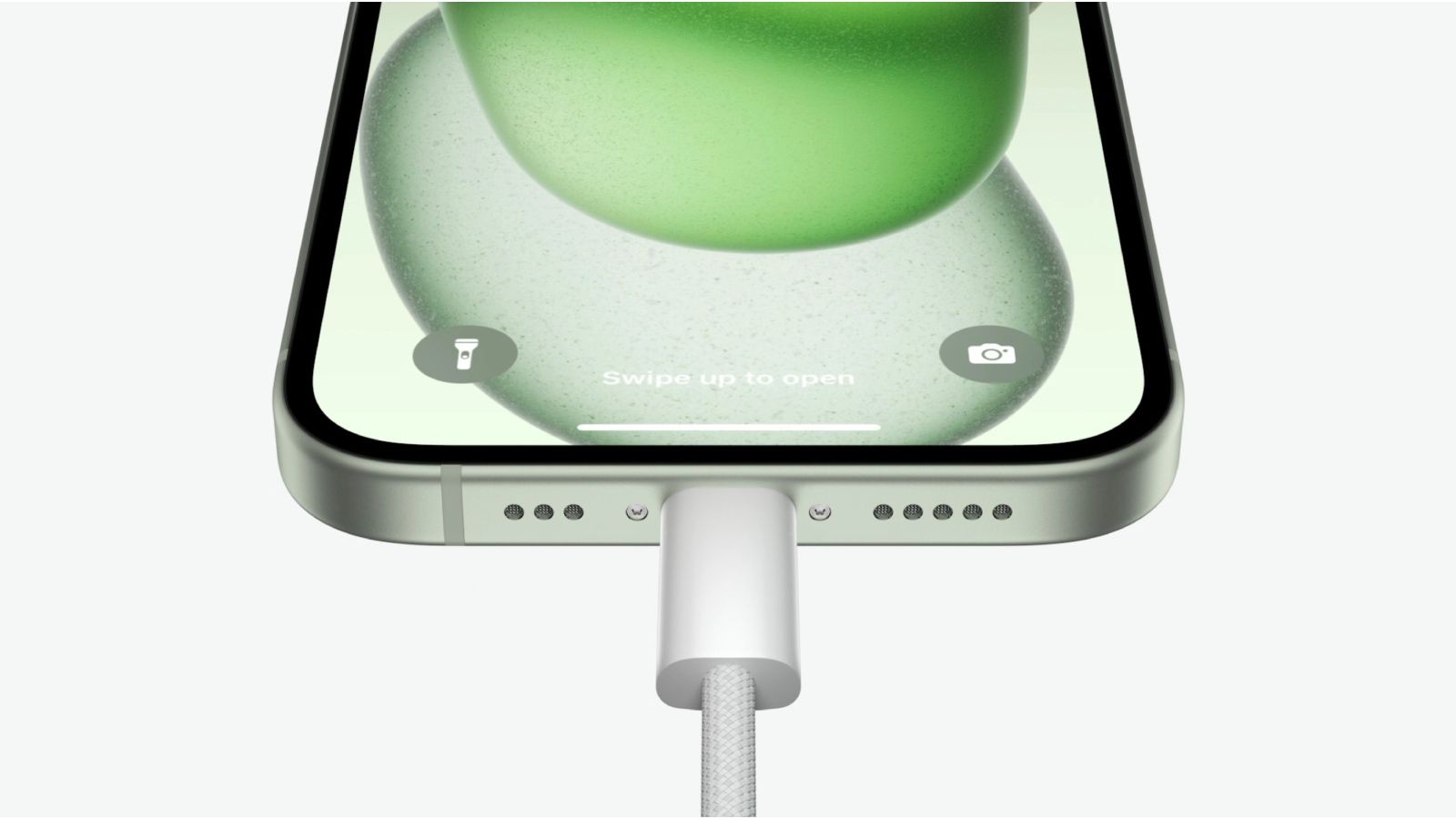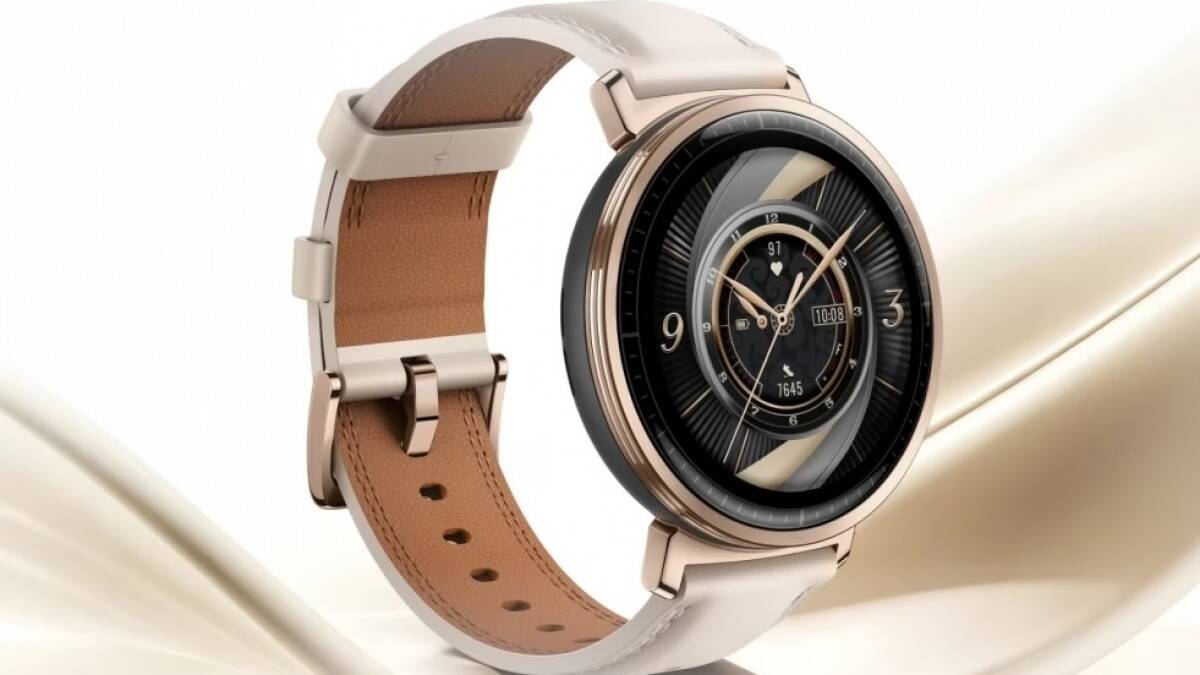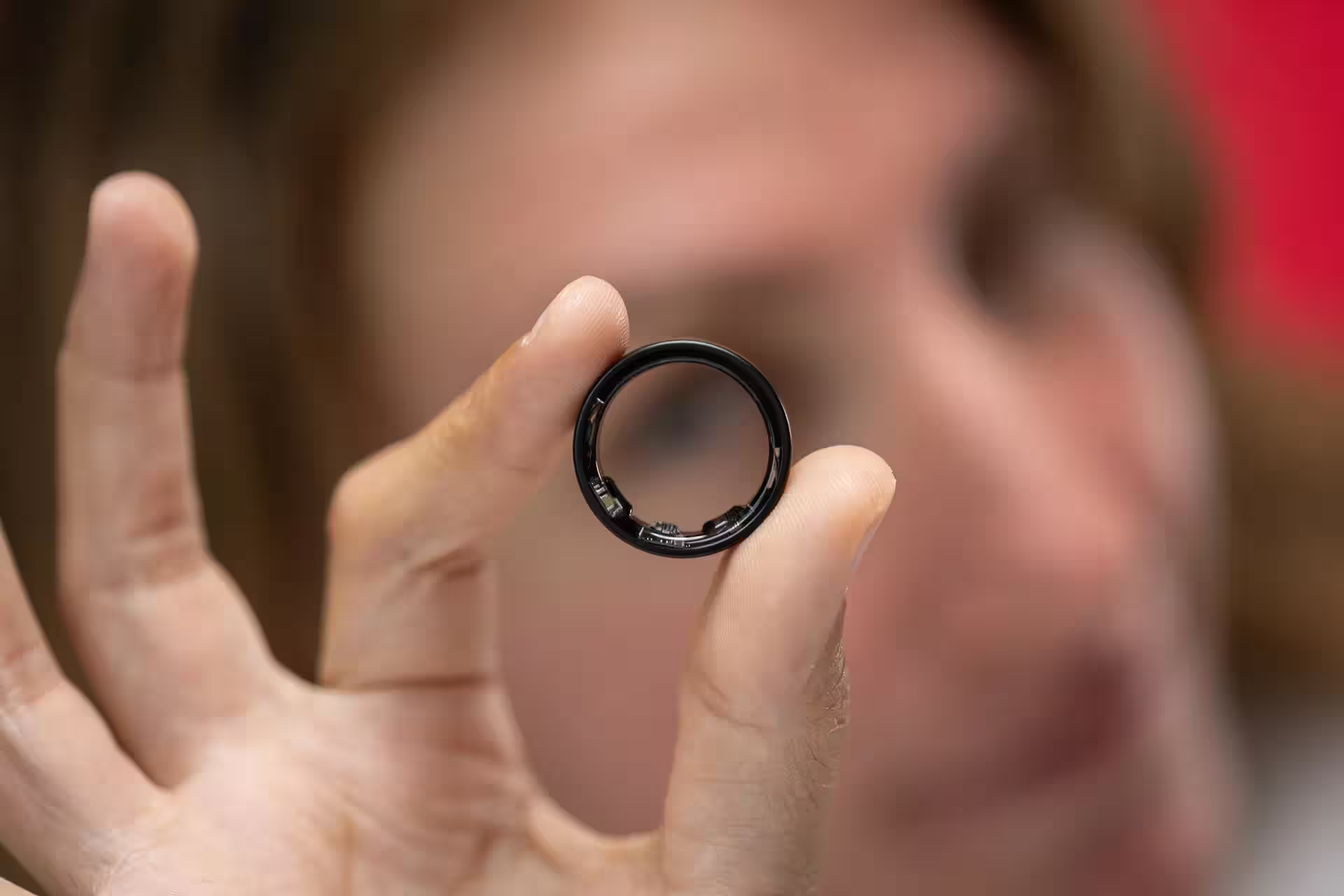The UK is considering the introduction of USB-C as a single charging standard

The UK government has launched a consultation to explore the possibility of mandating the use of USB-C as the standard charging port for electronic devices, potentially harmonizing rules with recent European Union regulations.
The Office of Product Safety and Standards, part of the Department of Business and Commerce, is inviting manufacturers, importers, distributors and trade associations to voice their opinions on the potential benefits and challenges of implementing a common charging standard nationwide.
EU precedent
The move comes after the EU passed a law in 2022 requiring most portable electronic devices to use USB-C for charging by December 2024. The EU decision was aimed at reducing electronic waste and improving interoperability of chargers.
The EU’s decision was aimed at reducing electronic waste and improving interoperability of chargers.
The UK government initially said it had no plans for similar measures, but is now examining whether adopting the USB-C standard would bring benefits for businesses, consumers and the environment. The consultation will last eight weeks and will close on December 4, 2024. Among the key issues being considered:
- Setting USB-C as a single charging port;
- Implementation of unified fast charging technologies;
- Ability to purchase devices without bundled chargers;
- Implementation of labeling requirements with charging information.
Progressive solution or formality?
The government admits that many manufacturers of smartphones, tablets, cameras, headphones and laptops have already voluntarily switched to USB-C for the UK market to avoid supply chain complexities. For example, Apple, which has long resisted replacing its proprietary port with Lightning, has begun releasing new iPhones with USB-C since last year, and the latest devices with Lightning are also likely to switch to the new standard next year. Still, authorities want to better understand the possible implications of formally implementing such requirements.
USB-C.
New iPad mini without a charger
Interestingly, the recently announced iPad mini will not include a charger in the bundle for a number of European countries, including The UK, France, Germany, Italy, Spain and the Netherlands. This change is likely due to EU regulations to reduce e-waste, but it will also affect some non-EU countries in Europe.
The change is likely related to EU regulations to reduce e-waste, but will also affect some non-EU countries in Europe.
These measures, which aim to unify and standardize charging solutions, could bring more convenience to users and help combat the growing volumes of e-waste.








